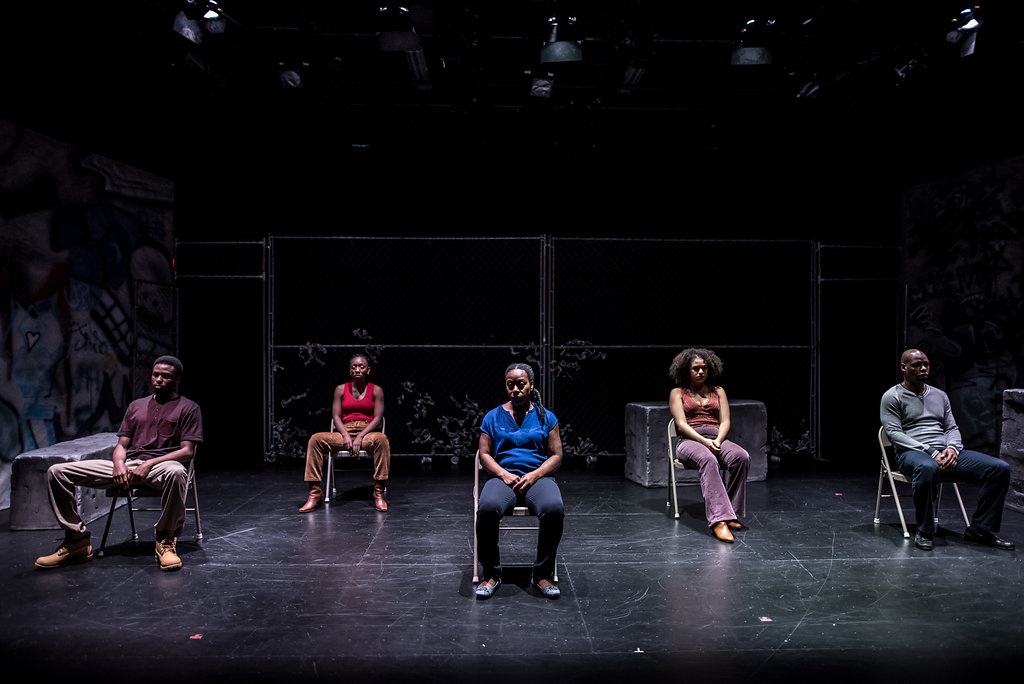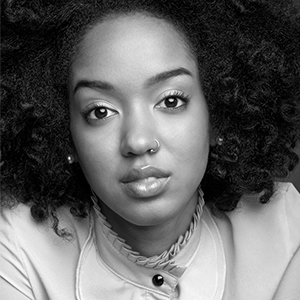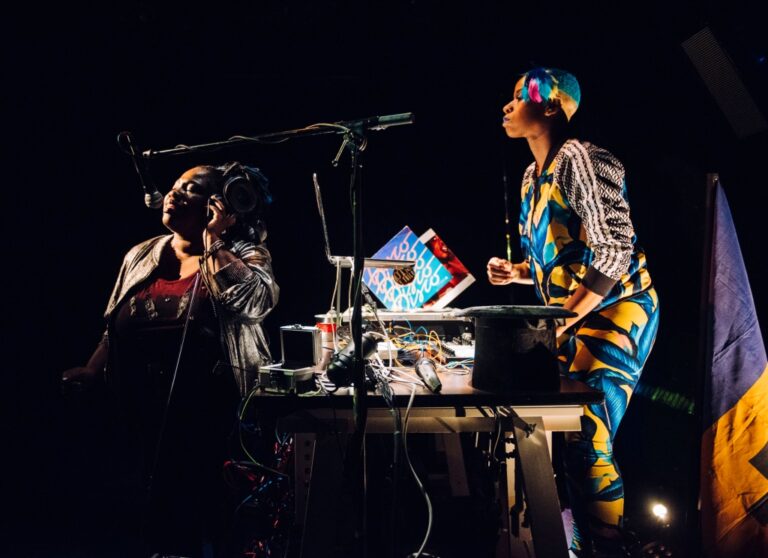Capturing the Soundscape of Toronto
Every geographical region has its own sound. There’s the “broad a” of Boston, the melodious lilts of Birmingham, UK, and the endearing “b’y” of Newfoundland. Toronto is often heralded as the most multicultural city in the world. According to the 2011 Census there are ninety-one different languages, other than English, used at home by Toronto residents. With so many linguistic roots and an ever-changing demographic topography, is it possible for the city to have a sound that can be adequately captured by a playwright?
When I began writing my play Other Side of the Game, this was a question that preoccupied my thoughts. With a story that centres on young Black residents of west-end Toronto—a demographic not frequently seen on the stage or screen—I became fixated on the importance of authentically capturing their sound. My writing was partially inspired by informal interviews I conducted with (primarily) young women who support their loved ones who are incarcerated. These interviews were audio-recorded and as I listened and re-listened to their voices, I heard certain words repeated over and over again.
The interviewees used a vocabulary that couldn’t be found in the dictionary and a style of speaking that was specific to a particular generation. There were words I wanted to include in my script that I’d never before seen written so I guessed their spelling. There were phrases I’d been using since elementary school. There were newer arrivals to the city’s lexicon. There was a fascinating way that multi-syllabic words like “audacity,” “differently,” ”and “basically” were stretched out and used like punctuation (an exclamation mark, a question mark, a hyphen) in a sentence filled with slang, a uniquely Toronto hallmark. For example:
“Yo, differently, don’t be bawlin’ my name on road.”
Beyond the slang, there was a rhythm and cadence to the women’s speech that extended the length of words.
“Just don’t go ghost. I get worried and start thinking I have to go find certain man’s and… you know?”
There were exaggerated inflections that increase the drama when reaching the climax of a story, giving exclamation marks to syllables, a way of speaking that I recalled filtered into emphatic hand gestures and swaying torsos.
“That’s the one, and if you show up there, lookin’ like a sweeter ting, you know him and his thirsty ass will be hookin’ us up with mad bottles for the night.”

Virgilia Griffith in Other Side of the Game. Photo by Dahlia Katz
As I began writing the dialogue of the play I found myself moving to the rhythm of the words, two fingers gently extended to wave back and forth when in disagreement, the back of a hand slapped to the palm several times to emphasize a point.
The roots of this sound primarily come from an English-speaking Caribbean diaspora that is small in number but large in cultural authority. Jamaican influence in particular has informed the vocabulary of Toronto slang more than any other island, although the pronunciation here can often be markedly different from the way it’s said back in Jam Rock. In the west-end of Toronto where I live, large Somali and Nigerian diasporas are also steadily reshaping the sounds and rhythms of speech. On the bus I hear young children exclaiming to their friends “say wallahi!” then five minutes later giving each other daps—props or bumping fists—with an affirmative “dun kno,” and inserting a very Nigerian sounding “eh!” (not to be confused with a Canadiana “eh”) to emphasize a point, illustrating that the peculiar blend grows ever more beautifully nuanced with each generation.
I began searching for other places where this distinct way of speaking had been documented, hoping to find resources that could support my work. In the TV and film world, the pickings are slim to non-existent outside of select works by the filmmaking power-couple Jennifer Holness and Sudz Sutherland. Toronto YouTube comedians like Marlon Palmer, aka That Dude McFly, and Femi Lawson have made countless viral hits using this way of speaking as their launching pad. In music, Kardinal Offishall gave listeners a 101 lesson with his song “BaKardi Slang” while Drake’s celebrity status provided a global legitimacy to sayings and phrases like “wasteman” and “blem” that were recently known only to a select few.
But the music doesn’t capture the cadence. The comedians exaggerate as part of their form. And the film and TV world often waters things down to make the work more palatable for a mainstream audience. It is in the theatre that the potential for a deep-dive into the authentic sounds of the city can be found, but the playwrights inclined to do so have been few and far between. Joseph Jomo Pierre’s Beatdown, Motion’s Aneemah’s Spot, and Darren Anthony’s Secrets of a Black Boy all dance in the vocabulary and rhythm I yearn to see on page and stage. But outside of these key pieces of work, the absence is striking.
There are tangible consequences to this absence. For me, it meant that when writing character descriptions and casting calls, I didn’t have a language to describe the nameless sound that I was looking for. It meant that when casting the play there were few actors at the audition who recognized or felt comfortable in the cadence and rhythm necessary for the dialogue, even when they were from Toronto, because no theatre school or acting class had included these kinds of lessons. It meant that when rehearsing there was no dialect coach who had an expertise in this sound who we could call to support the actors. It meant calling homegirls and homeboys to serve as unofficial consultants—generously answering questions, sending voice notes, and having phone conversations with our actors—attempting to articulate what few have ever officially documented.
My play has unintentionally become an archive of Toronto’s soundscape. It may not be one recognizable to every resident, but for those who reside in particular neighbourhoods it is a familiar salute, an act of acknowledgement and evidence of who was here and how they sounded.










Comments